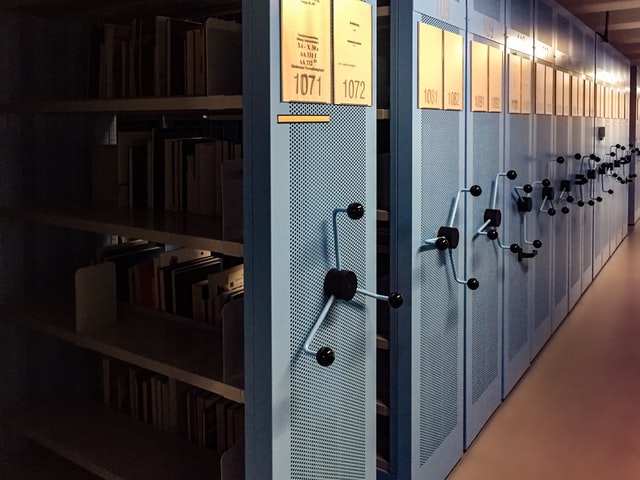Seminar series in Probability and Statistics
We are happy to announce that our seminar series is back to its physical, on-campus format.
The Seminar Series in Probability and Statistics is a lecture series of invited speakers in the fields of probability, statistics, and related fields, organized every second week. The talks are in seminar format, aimed at a broad audience ranging from graduate students of probability and statistics to advanced researchers of these and related fields. The seminar usually lasts an hour with roughly 35-45 minutes of presentation and the remaining time spent on questions and discussion. This year we introduce an informal gathering immediately after the seminar, with some drinks and snacks/cookies triggering further discussion.
PhD students from EEMCS will receive 1 Graduate School credit from the Graduate School for attending 6 seminars of the series.
Gebruik de volgende webcal om de feed toe te voegen aan de kalender of kopieer de link om handmatig te abonneren.
Meer info over webcal.
When:
Mondays from 4pm to 5 pm
(unless otherwise specified)

